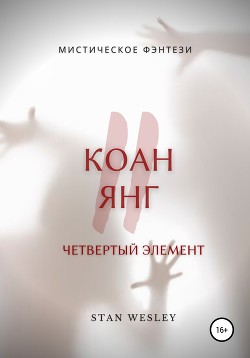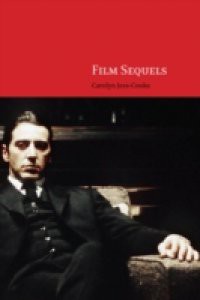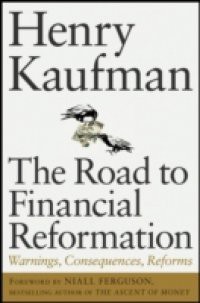Surveys a war-haunted, self-consciously disoriented but exceptionally vibrant decade of writing The 1920s emerge in this study as a period with its own distinctive historical awareness and creative agenda, one in which Modernist, non-Modernist and semi-Modernist writers met on shared ground with common memories and preoccupations. Spanning genres high and low, including war memoirs, critical essays and detective stories as well as drama, poetry and the novel, Chris Baldick's approachable study of the decade sets out a 'map' of the new post-Great-War literary landscape with its unique configuration of genres, settings and character-types. Successive chapters investigate the place of ideas (biological, Freudian, esoteric, and more) in literature; the uses of anachronism and the time-sense of the Twenties; re-shapings of war-memory and war myth into varieties of Twenties 'disillusionment'; and curious connections between crime-writing and comedy in the period. This account moves easily between experimental and more 'traditional' literary tendencies of the decade to discover common obsessions and shared moods of elegiac despair, nervous frivolity and bold irreverence.














